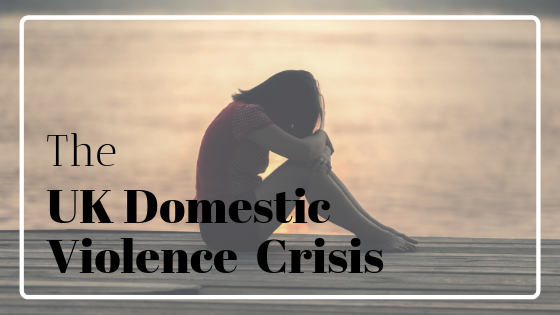Domestic violence is often regarded as a secret shame. Those in abusive situations often feel trapped, and those who may be able to help often don’t do so out of a respect for their neighbors’ privacy. But a new study in the United Kingdom indicates that it’s a situation that needs to be addressed openly and honestly. This startling study suggests that one in ten recorded crimes fall under the classification of domestic violence.
That number alone should be shocking, but what’s even more shocking is that it could just be the tip of the iceberg regarding the domestic violence epidemic. Domestic violence is often recognized as one of the most under reported classes of crimes, and that would suggest that acts of domestic violence actually dominate a much larger percentage of overall crime.
What’s especially frustrating is that there isn’t an easy solution. There are dual factors at work regarding the silencing of domestic violence. Partners often feel shame about their circumstances, and women who are victims of abuse are often afraid to speak out about that abuse. It’s a legitimate concern. The risk of homicide increases significantly in the days after a woman reports abuse. So while many may look at an abusive situation and ask “Why didn’t she just leave?”, the situation is far more complicated. Women who report are often shamed or disbelieved by friends and family.
Misconceptions about what constitutes abuse further complicate matters. The popular consensus of abusive relationships are defined largely by physical abuse. Physical bruises and scars are easy to document, but psychological abuse and abuse by coercion is harder to prove, and many women victimized by such behaviors may not have the framework to identify it as such.
That’s not to say that domestic abuse is an issue that solely affects women, but there is a vast gender disparity. One in four women are affected by domestic violence in contrast to one in six men. And it can take a significant period of time before a victim reaches out for help. On average, 35 assaults are perpetrated before a victim reaches out to authorities. For men, modern notions of masculinity and common conceptions that men can’t be abused may dissuade them from seeking help.
This new study is a promising move towards recognizing the impact of abuse, but it’s only a start. The psychological and cultural impediments to recognizing and combating abuse are vast, and properly resolving the issue will require both stronger and more confident policy pushes on the part of the government and significant shifts in how we as a society view domestic violence.
